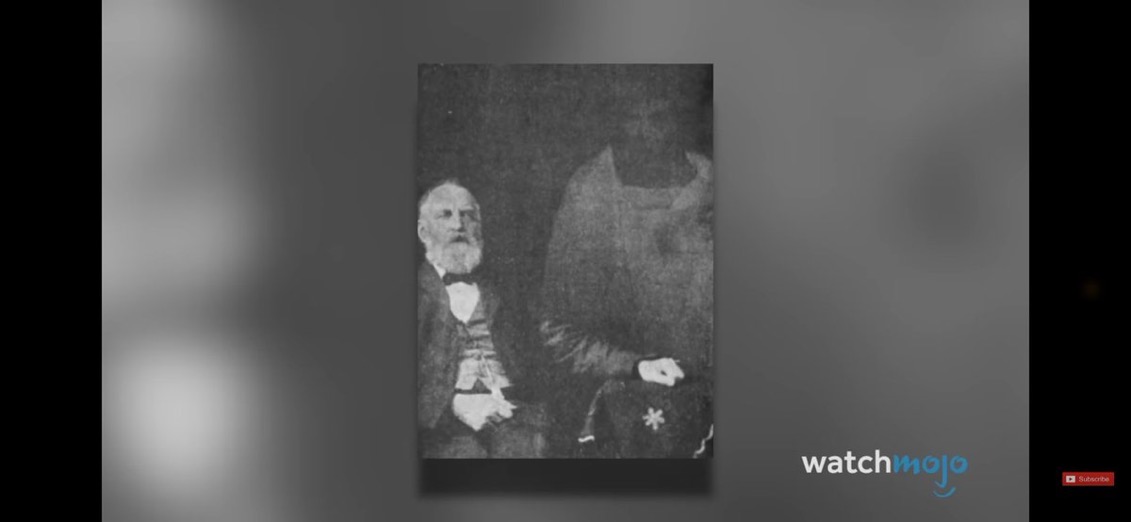Ishaq Oloyede's cross, By Azu Ishiekwene

The last time a public official wept on national TV, Nigerians regretted offering her towels instead of buckets to collect her tears. She was acting, but we didn’t know it.
Diezani Allison-Madueke had just been appointed Minister of Transport and went on a tour to assess some major roads. At the Benin end of the Lagos-Benin highway, she broke down and wept. She was seeing for the first time, outside her bubble, what Nigerians knew and endured daily: poor, hazardous roads.
Her tears changed nothing. She left the roads in a worse state than she found them, but Nigeria being Nigeria, she went on to become the Minister for Petroleum Resources and subsequently left the place in a more disastrous condition than Nigerian roads.
On May 15, the Registrar of the Joint Admissions and Matriculation Board (JAMB), Professor Ishaq Oloyede, wept on national TV for a different reason. As a result of human negligence, the results of the 2025 UTME examination went horribly wrong, affecting 379,997 out of the 1.9 million students who took the exam. It was not a system glitch as widely reported. Some individuals responsible for patching or updating the servers were negligent, leading to a disastrous outcome.
Paying the Price
The grief lies in the details. For instance, 19-year-old Faith Opesusi Timileyin, who was re-sitting the exam, hoping to study microbiology if she could improve on the 193 out of 400 she scored last year, took her own life by ingesting poison. She could not bear the shame of failing again. The same echoes of embarrassment and distress resonated across the country as thousands of young people, who made sacrifices and braved difficult conditions to take the exam, now contemplate their fate and what could have been.
Yet, Nigerians, despite being jaded by years of disappointment with incompetent public officials, can sense the difference between Diezani’s crocodile tears and Oloyede’s misery. One was a con artist; the other, the victim of “horrible, but not unexampled error,” as Farooq Kperogi noted in his column on Saturday.
Remaking of JAMB
Oloyede’s JAMB is not JAMB as it was. One of the biggest dramas in the institution’s 47-year history unfolded two years after he was appointed registrar, following his exceptional record as vice-chancellor of the University of Ilorin. JAMB introduced computerised examinations in 2014, but the system, still in its infancy at the time, was marred by delays, confusion, and scratch-card fraud.
Oloyede ordered an investigation, which found that the place was infested with snakes, including boa constrictors, that had allegedly swallowed millions of naira from the sale of scratch cards, except that the snakes were human beings. One Philomina Chieshe, a clerk at JAMB’s Benue State office, swallowed N36 million from the sale of scratch cards and told investigators and the court that it was indeed a snake that had mysteriously devoured the money.
Killing the Snakes
Seven years after she was arraigned, neither Chieshe nor any of the reptiles in the scratch-card hole have been held accountable for the fraud. Apart from swallowing N36 million, which was equivalent to $100,000 at the time, the snakes also appear to have swallowed the courts and the prosecutors.
I have criticised JAMB in the past for several reasons, mainly because I still believe that a decentralised placement system, as practised in pre-1978 Nigeria, the US, and South Korea, works better.
Yet, whatever the inadequacies of JAMB, the board has, especially under Oloyede’s leadership in the last nine years, transformed from a snake-infested wasteland of corruption and mediocrity into one of Nigeria’s most responsive and better-run public institutions.
Fresh Air
In a country where lawmakers routinely inflate the appropriation bill by billions of naira, and ministries and government departments are broke, unimaginative and opaque, Oloyede is a breath of fresh air. He has remitted over N55 billion to the federal treasury, compared to less than N60 million remitted in the 38 years preceding his tenure.
But it’s not just about the money. To promote openness, accountability, and inclusiveness on the board, he expanded the decision-making process to include independents and other professionals in monitoring and evaluating the board’s activities, particularly the UTME exam. Still, despite our best efforts, bad things happen.
‘Not Unexampled’
The 2025 UTME disruption was a horrible mishap. Still, it’s not without recent examples, one from Oxford University in 2023 and the other from the 2025 US SAT exams, both of which were cited in Kperogi’s article. There was a particularly heart-rending debacle in September 2023 when the Federation of the Royal Colleges of Physicians of the UK made a catastrophic error in the Part 2 written results of the postgraduate medical diploma exam.
Two hundred and twenty-two doctors were informed that they had passed when in fact they had failed, while 61 were told they had failed despite passing. Imagine the horror of the patients who may have been treated by “failed” doctors, not to mention the distress of those who passed but were told they failed, or the anguish of those who made progress yet were instructed to re-sit the exam.
To Resign or Not?
After taking responsibility for the error, Oloyede told the press that he was prepared to resign, but was persuaded that his resignation would compound rather than solve the problem. I agree. I do not share the view that all those calling for his resignation are necessarily out to settle personal scores, even though this may be correct in some instances, especially among politicians who have decided to ethnicise the matter.
The registrar bears a responsibility to the memory of the candidate who died, to the thousands of hard-working candidates who gave their best in the exam, and to the reputation he has established as an exemplary public servant to reform the system and use the lessons from this tragic episode to enhance the processes and outcomes of future exams.
Wake-up Call
Parents must also play a role. We exaggerate the significance of UTME results beyond their true value, placing unnecessary pressure on candidates. Under the current system, most universities and institutions of higher learning offer admission based on the weighted average of three examination results. While the UTME result constitutes 50 per cent of the final score, the WASSCE or O/Level results and post-UTME exams, if conducted, make up the remaining 50 per cent.
Unfortunately, we have constructed a dangerous illusion that everything hinges on performance at JAMB, resulting in a frantic quest for JAMB success that now haunts us. We may never know if Faith would have taken her own life had she realised that a low JAMB score alone does not necessarily signify the end of the road to admission.
Fall to Rise
Oloyede’s tears may seem insufficient to assuage a nation in grief, but he has demonstrated, over the last nine years and long before he became registrar, that he does not take his job lightly. One mishap should not define his tenure. When the ongoing investigation is complete and the house cleaning done, a sceptical public must know the steps taken to prevent a repeat.
Azu Ishiekwene is editor-in-chief of LEADERSHIP and author of the book, Writing for Media and Monetising It.









:max_bytes(150000):strip_icc()/Parents-New-Parent-Playbook-Postpartum-B-54722a27ae1248d886cf5d004f4bd486.jpg)

:max_bytes(150000):strip_icc():focal(749x0:751x2)/jason-momoa-Adria-Arjona-tout-052225-65102b5ffde64e819a81f4ad4eb3853c.jpg)